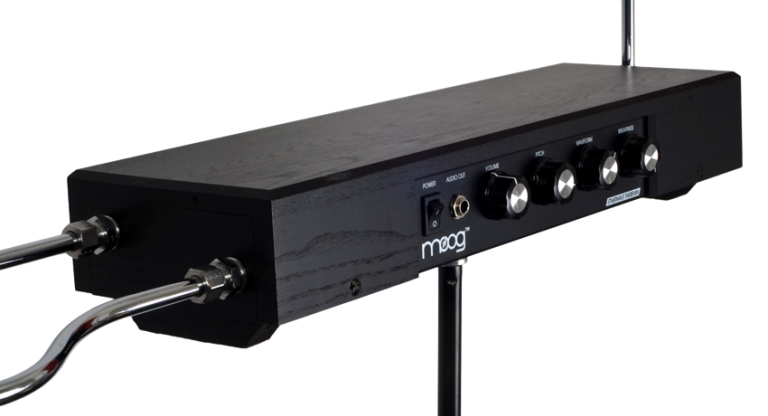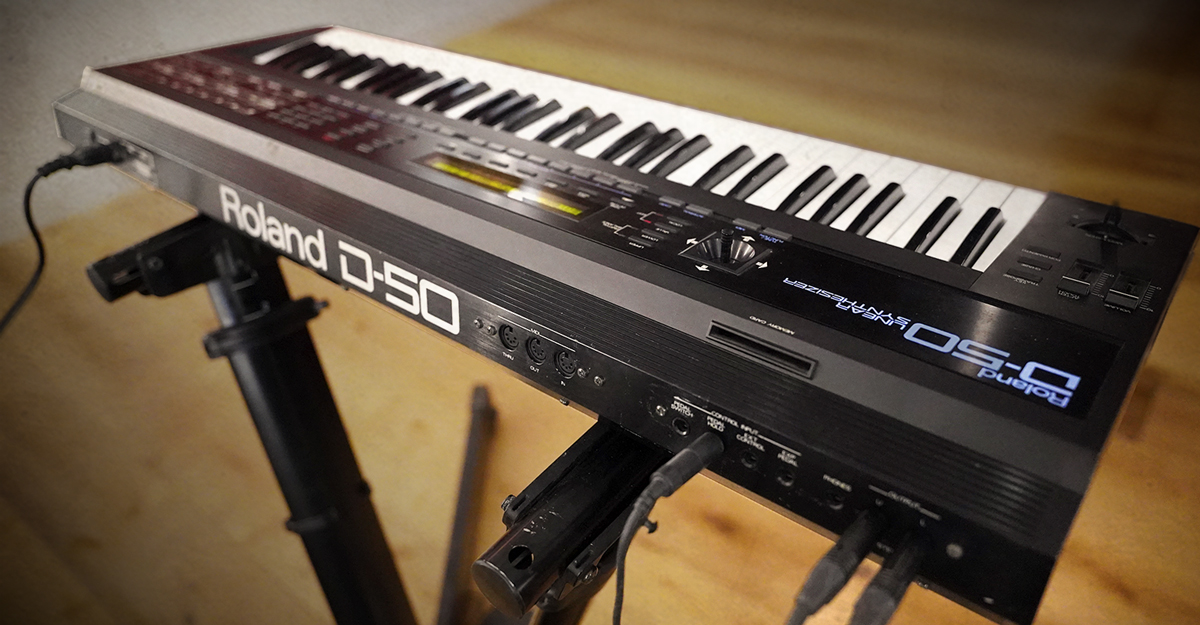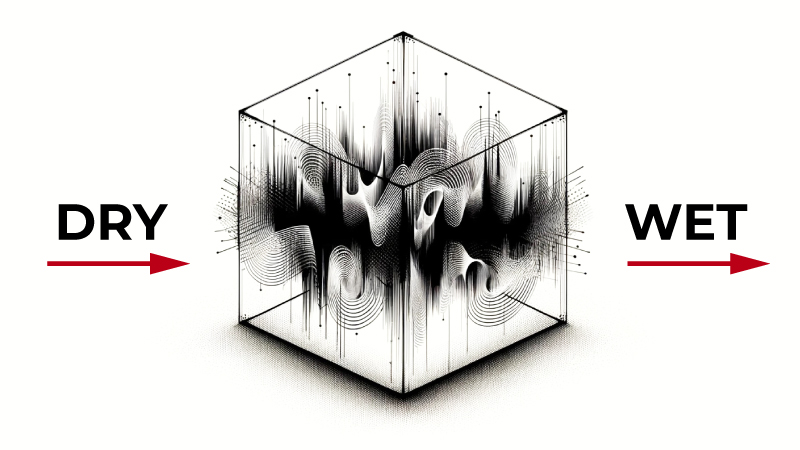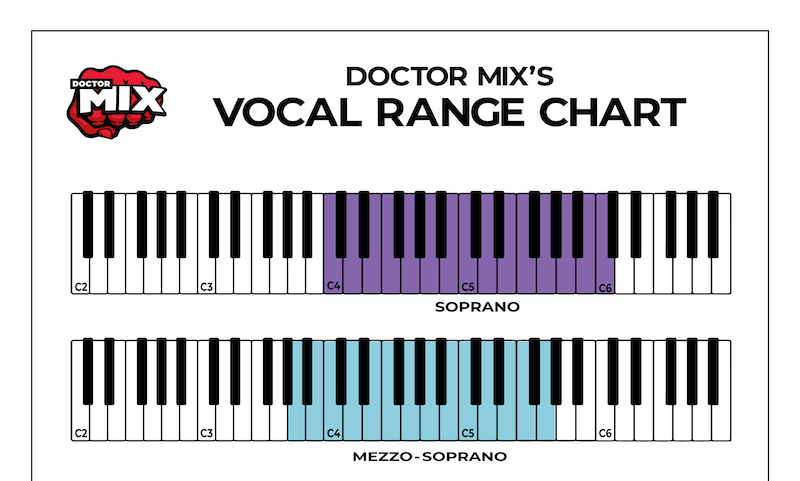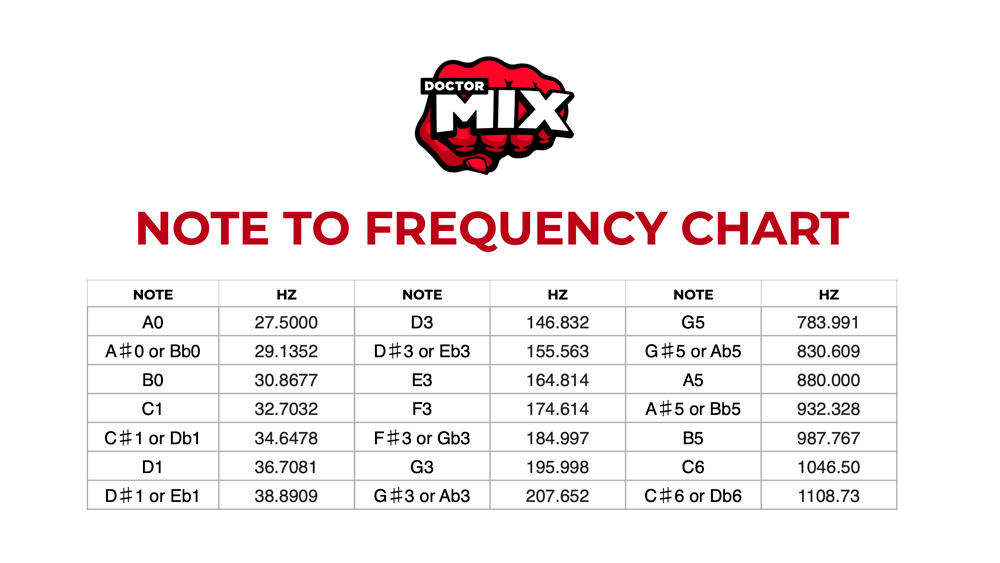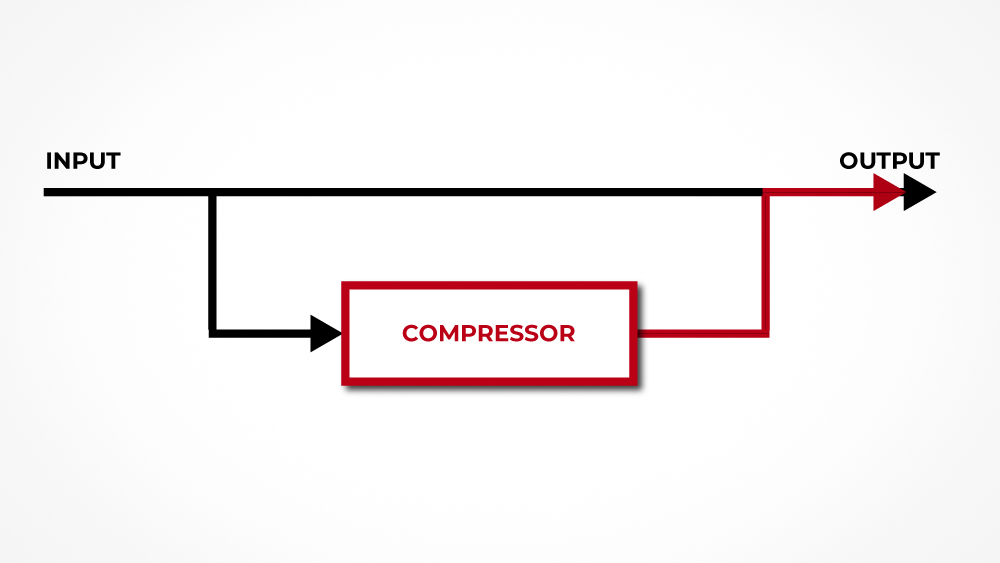How To Mix Kick Drum
Here’s the essential knowledge about mixing the Kick Drum.
CHOOSE THE RIGHT KICK
Choose the right sample and make sure it’s got good impact. A poor recording is harder to work with. Every genre has a distinctive kick drum sound, so make clear decisions about it and select good quality material to begin with.
INCREASE THE PRESENCE
The human ear is more sensitive to mid frequencies (as detailed on the Fletcher–Munson curve), so pushing 2~3dB somewhere between 1K and 2K Hz will increase the presence.
IMPROVE YOUR KICK DRUM WITH SATURATION
Sometimes your kick drum doesn’t have enough power or character to cut through the mix. When a compressor just won’t cut it, saturation can be a good tool to achieve it. Try different types of saturation and see if you can add more power, tone or personality to your kick drum.
TRIGGERING
This is the trick that all sound engineers use these days. Adding a layered kick drum sample or even replacing the sound completely can help your kick drum cut through. Slate Digital Trigger works like a magic, but you can manually layer the sample too.
KICK DRUM PARALLEL COMPRESSION
Take the parallel channel and compress the h*ll out of it to make it snappy and punchy. Don’t worry if you lose the low-end, you can use a Pultec style EQ to crank up the low-end and blend it with the original kick drum channel.
MAKE SPACE FOR YOUR KICK DRUM
Cut off all the low end from other instruments such as pad, guitar or vocal and make enough space for the kick to express itself in that low frequencies. If you need other elements to cover the low end then you can add side-chain compression, so whenever the kick comes in, that elements of the low end goes down and makes space for the kick drum.
Related posts:
Podcast 004 How To Mix The Kick Drum
How To Make Your Kick Drum Sound Better: 7 Great Tricks
If you want to improve your over all mix, why not try our online course
“The Official Guide To Mixing” It’s 20% Off from this blog!
Have you tried our mixing, mastering & production service yet?



